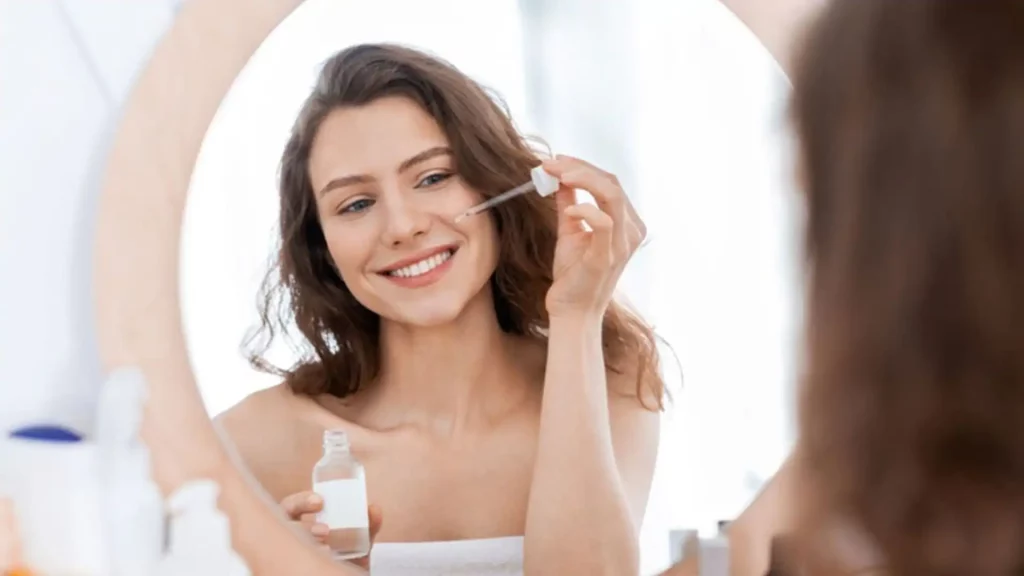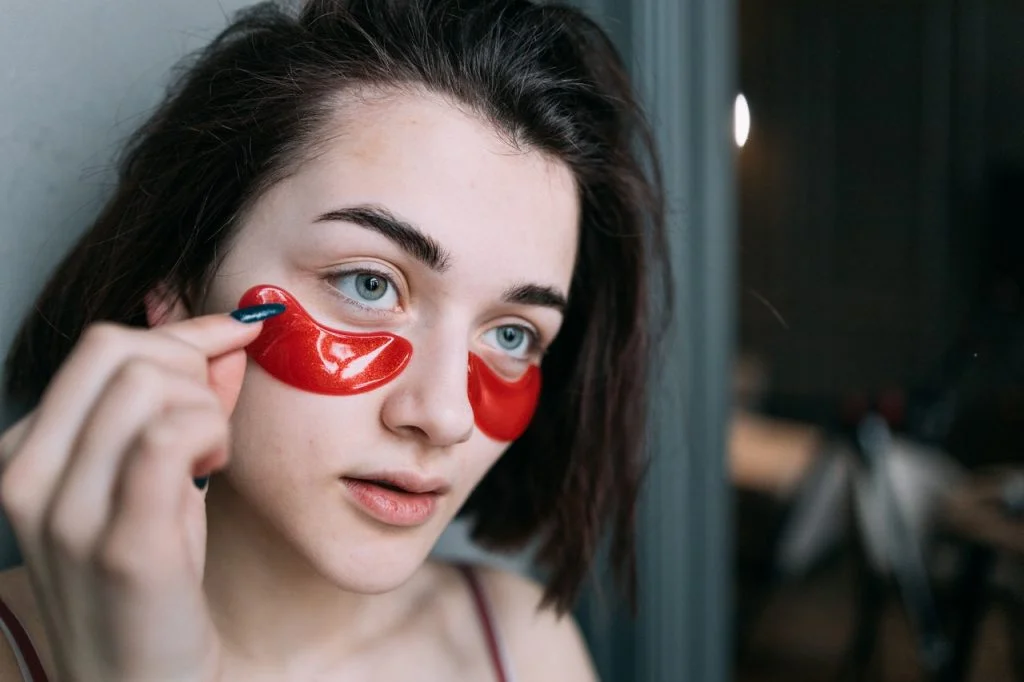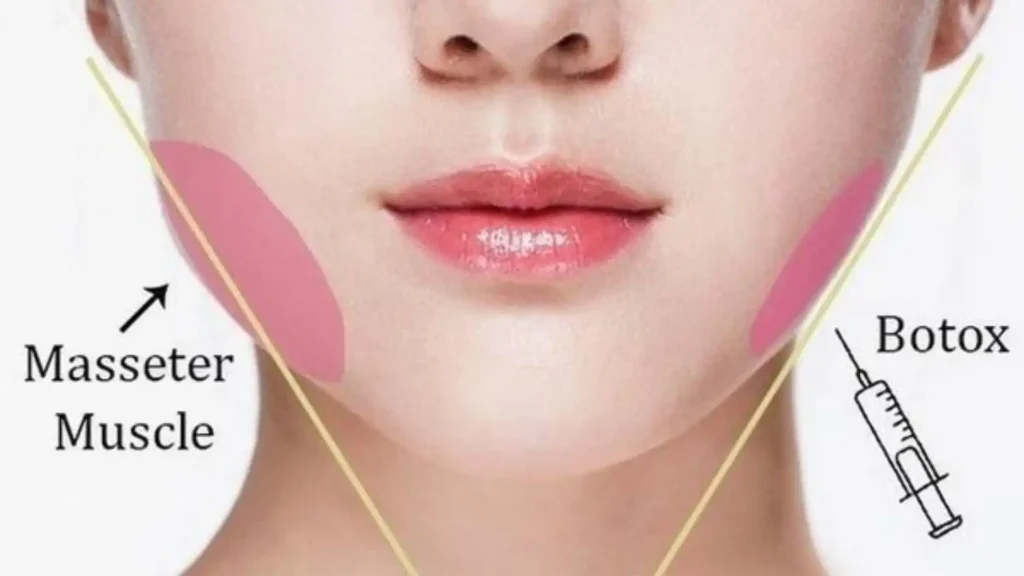Retinol benefits: It appears that retinoids are becoming increasingly popular in skincare routines—but what’s the reason behind it? Professionals dissect the precise effects of this vitamin A derivative and offer guidance on how to effectively incorporate it into your skincare regimen.
Despite being one of the most talked-about and highly recommended ingredients in skincare today, retinol still remains shrouded in mystery and confusion.
Beauty enthusiasts acknowledge its reputation as one of the most effective and scientifically-backed ingredients.
According to Allure’s annual Readers’ Choice Awards survey, retinol ranks among the most desired components in skincare products.
However, even knowledgeable consumers are uncertain about its benefits, suitability for their skin, and often inquire about the best retinol products and the distinction between retinol and retinoids.
Although you may not require an expert-level understanding of the complex scientific aspects that contribute to retinol’s popularity, it’s beneficial to gain more knowledge about how ingredients work, their purposes, and whether they’re suitable for your skin.
This is particularly important given the numerous myths and hype surrounding retinol products.
What exactly is retinol?
Just like various vitamins have alternative names—such as ascorbic acid for vitamin C and vitamin B3 being known as niacinamide—retinol also has its variations.
According to Ron Robinson, a cosmetic chemist and founder of BeautyStat, retinol is a primary form of vitamin A that aids in stimulating cell turnover and collagen production.
However, the term “retinol” has become a broad label for vitamin A-derived ingredients in beauty products, which isn’t always accurate.
Caroline Chang, MD, a board-certified dermatologist and founder of Rhode Island Dermatology Institute, explains that retinoids encompass all vitamin A derivatives, both natural and synthetic. These include retinoic acid, retinyl esters, and retinaldehyde, along with retinol.
Retinoic acid, also known as tretinoin, is the most readily available retinoid as it doesn’t require conversion and is faster-acting.
Typically available through prescription as Retin-A, it’s highly bioavailable. Retinol, on the other hand, is the alcohol formulation of vitamin A and is commonly used in skincare products.
It improves various skin concerns but is less potent than tretinoin because it needs to convert into retinoic acid.
Despite being less potent, over-the-counter retinol can still be effective, with benefits ranging from 0.01 percent to 1 percent strength.
Retinyl palmitate, an ester of retinol, is another common ingredient in skincare. However, it’s less potent than retinol as it needs to be broken down into retinol and then into retinoic acid.
Lastly, retinaldehyde or retinal aldehyde is closer in efficacy to retinoic acid than retinol, as it can be directly converted into retinoic acid and is more stable. This makes it a promising ingredient in skincare products.
What can retinol do?
You’ve probably heard that nearly everyone can gain advantages from using retinol, and that’s not an overstatement. Dr. Farhang explains that retinoids increase skin cell turnover and stimulate collagen synthesis, making them beneficial for various skincare concerns.
So, what does this mean for your skincare objectives? If you aim to address common signs of aging and sun damage by improving skin texture and tone, experts highly recommend incorporating a retinol product into your routine.
According to Robinson, it can help diminish wrinkles, as well as smoothen, even out, and tighten the skin.
Although the primary benefits often associated with retinol are smoothing lines and improving elasticity, its mechanism can also be advantageous for addressing breakouts and their aftermath, such as dark spots and other pigmentation issues. According to Dr. Farhang, the increase in cell turnover facilitated by retinol helps unclog pores, thereby reducing the appearance of post-acne spots and aiding in collagen synthesis for acne scarring.
Dr. Farhang notes that stronger, prescription-strength retinoids like tazarotene are commonly used to treat acne, while over-the-counter formulas are typically marketed for anti-aging purposes. However, there are exceptions, such as over-the-counter adapalene formulas like Differin Gel, which are indicated for acne treatment.
Dr. Farhang also highlights the advancements in nonprescription retinoid products, with improved formulations featuring sustained-release retinol.
She recommends Neutrogena’s retinol products, like Rapid Wrinkle Repair Retinol Oil, for their sustained-action retinol formula, and Senté Bio Complete Serum, which is gentle on sensitive skin or skin not yet accustomed to retinoids. Additionally, she praises Paula’s Choice Resist 1% Retinol Booster for its slow-release system that effectively delivers the active ingredient.
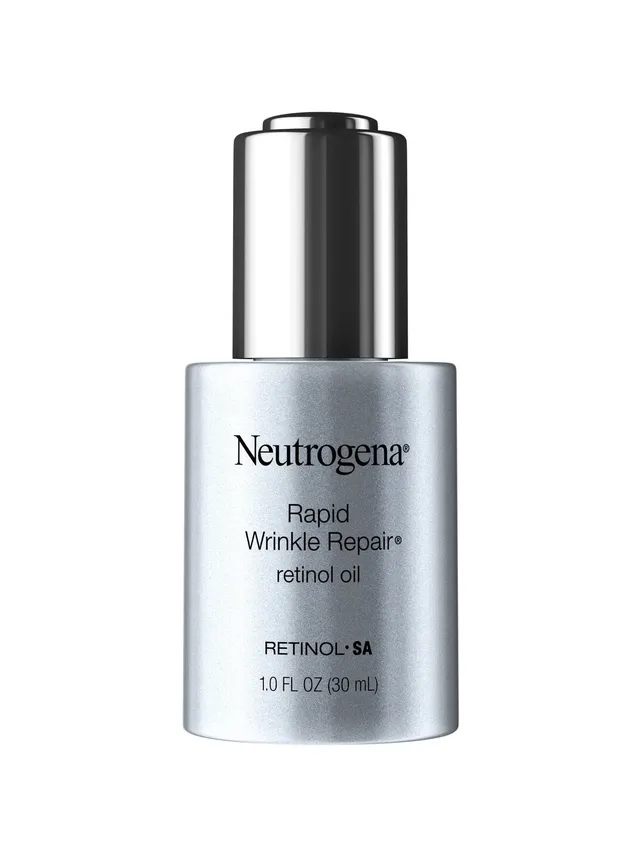
Neutrogena Rapid Wrinkle Repair Retinol Oil
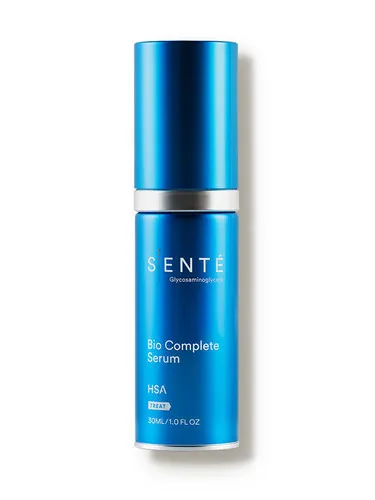
How should you get started using retinol?
If you’re new to using retinoids or if your skin tends to get irritated easily, you might experience some sensitivity when incorporating vitamin A derivatives into your skincare routine.
Both Dr. Chang and Dr. Farhang recommend starting with a small amount of retinol product every other night to minimize these side effects.
Dr. Chang suggests opting for a milder retinoid cream for the delicate skin under the eyes. The Inkey List Retinol Eye Cream is highly recommended for its gentle, hydrating formula and budget-friendly price.
For the face, Dr. Chang prefers using a serum followed by moisturizer to counteract any potential irritation, dryness, or flaking. Her top choice for an over-the-counter serum is RoC Retinol Correxion Line Smoothing Night Serum Capsules. Another excellent option for retinol beginners is the Ole Henriksen Double Rewind Pro-Grade 0.3% Retinol Serum, which contains encapsulated retinol for a slower and gentler release into the skin. According to our tester, this serum is one of the few retinol products that didn’t irritate her dry, sensitive skin.
If you lean towards using a cream, consider trying the SkinBetter Science AlphaRet Overnight Cream, which has won the Best of Beauty Award.
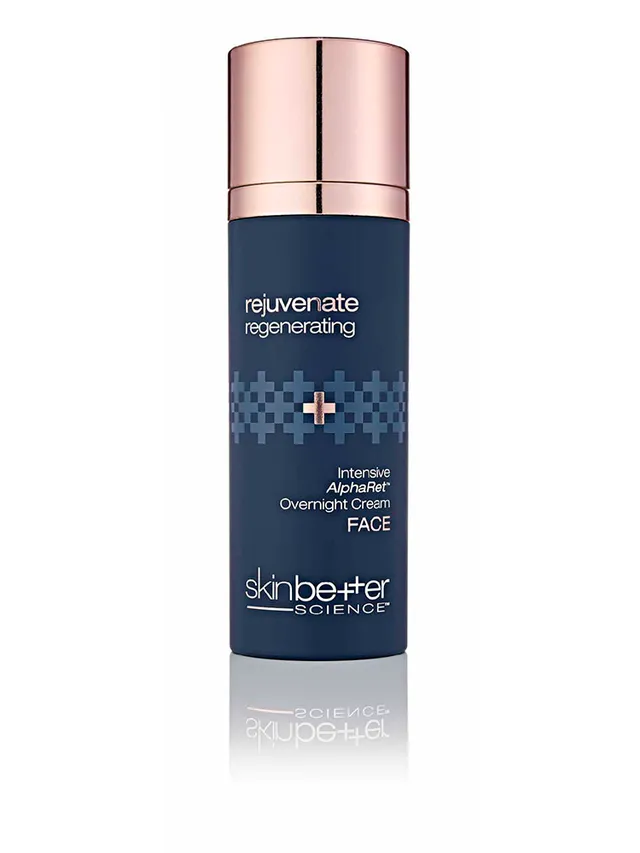
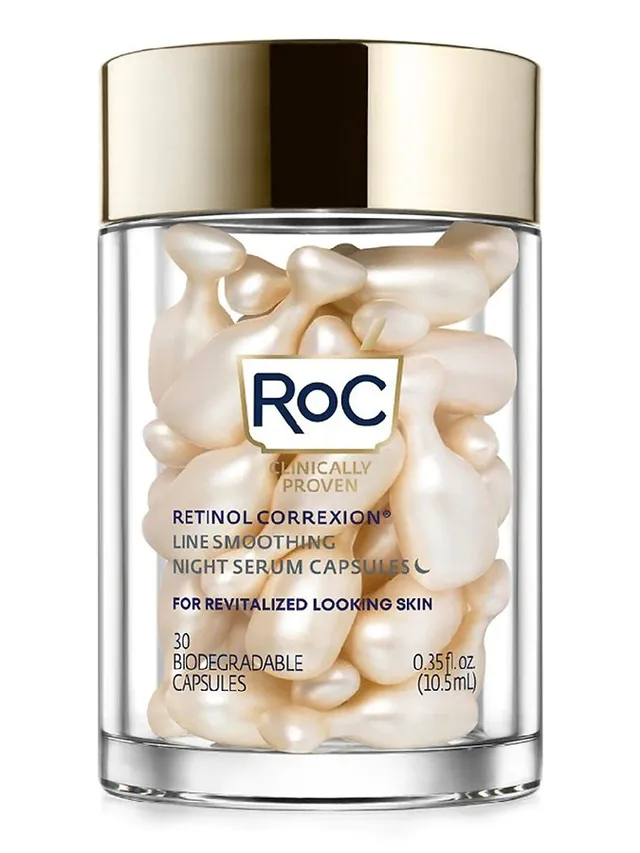
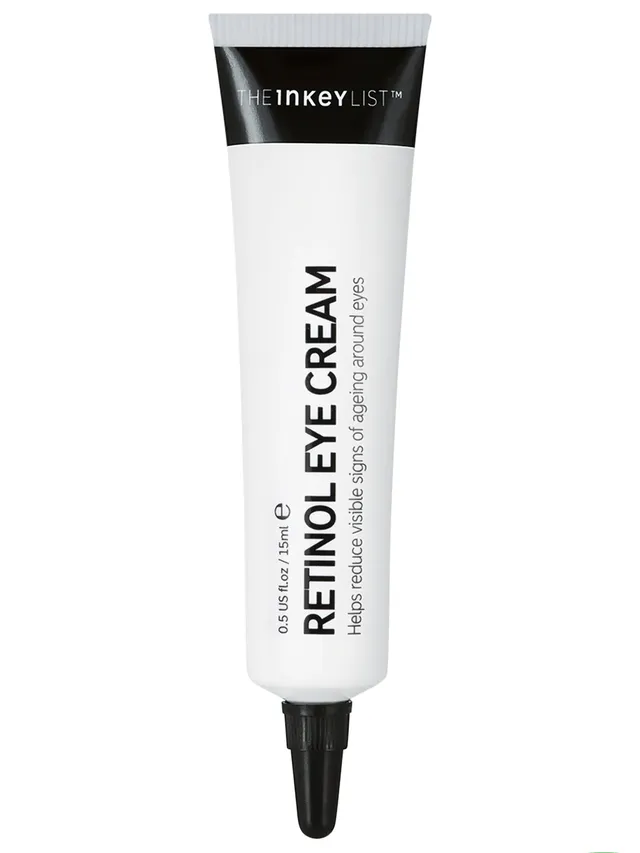
When it comes to prescription-strength retinoids, Dr. Farhang advises her patients to start using them twice a week and then gradually increase to nightly application over the course of a month. She suggests waiting about 30 minutes after washing the face before applying retinoids to allow natural facial oils to return. Dr. Farhang also recommends a technique called flash contact, where the retinoid is applied and then washed off, as studies indicate that the skin still benefits from this method.
Dr. Chang emphasizes the importance of using retinol sparingly, stating that applying more won’t yield faster results but may cause irritation. Another technique favored by dermatologists is the sandwich technique, which involves applying moisturizer before and after the retinol product. According to board-certified dermatologist Shari Marchbein, this method doesn’t reduce the efficacy of the retinoid but enhances skin tolerance.
Regardless of whether you’re new to retinol or a seasoned user, one rule remains constant: sunscreen is essential. Dr. Chang stresses that since retinol can make the skin more susceptible to burning, daily sunscreen use is crucial while using retinol, which is a practice everyone should follow.
More must-know skin-care info:
- How to Minimize the Visibility of Crepe-Like Skin
- Boosting Collagen Levels for Vibrant Skin Smoothness
- The Ultimate Guide to Niacinamide Skincare Products for Radiant Skin
- Follow us on Facebook

